BRI sputters in South Asia
A decade after its launch, China’s Belt and Road Initiative has slowed down in South Asia, the result of poorly conceived projects, and irresponsible behavior from borrower and lender alike.
 Courtesy:
Courtesy:
A decade after its launch, China’s Belt and Road Initiative has slowed down in South Asia, the result of poorly conceived projects, and irresponsible behavior from borrower and lender alike.
 Courtesy:
Courtesy:
The 9th China-Africa Summit, held in Beijing from September 4-6, reflected China’s long-held view that Africa is vital to the world’s future, and therefore to the conduct of Chinese foreign policy. As China expands its strategic footprint on the continent, there is much for India to learn. It must adopt a proactive approach and back its economic and diplomatic initiatives with sustained political will.
 Courtesy: ET Insights
Courtesy: ET Insights
The geopoliticisation of the Israel-Hamas war has given birth to a new era of ruthlessly pragmatic and overlapping interests of multiple powers and actors. This is visible in the region of Middle Eurasia, the centre of the ongoing rearrangement of the world order.
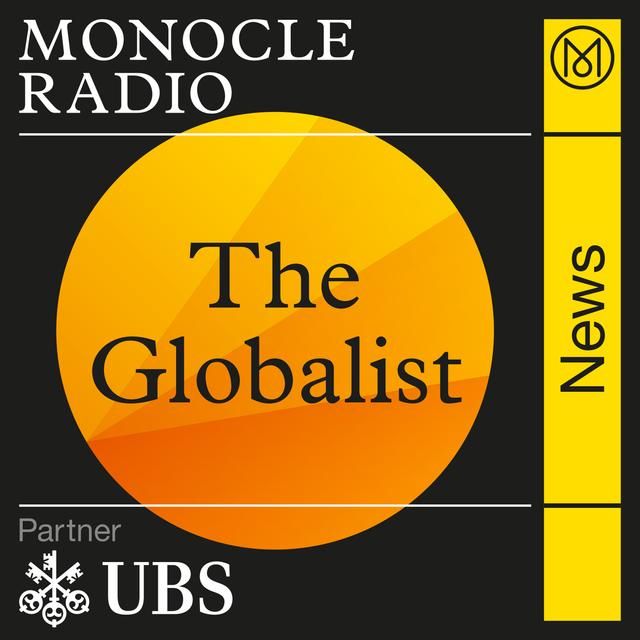 Courtesy: Monocle
Courtesy: Monocle
China's economic slowdown and pandemic-related and post-pandemic disruptions to supply chains have dampened China’s attractiveness as a global supply chains hub. Ganeshan Wignaraja, Professorial Fellow in Economics and Trade at Gateway House speaks with Georgina Godwin on The Globalist by Monocle, about the prospects for India to emerge as an alternative manufacturing hub in Asia, and takeaways for the broader South Asian region.
 Courtesy: Nikkei Asia
Courtesy: Nikkei Asia
China-centric global supply chains are being disrupted by rising geopolitical tensions between the U.S. and China and multiple global shocks, forcing multinational companies to rethink are global sourcing strategies. India can leverage this moment to become a complementary manufacturing hub in Asia by reaping gains from technology transfers and creating value-adding jobs.
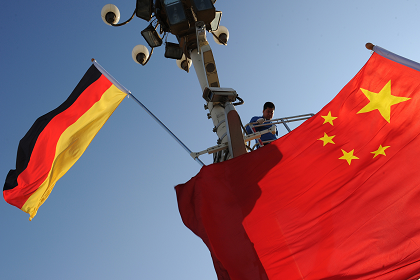 Courtesy: Deutsche Welle (DW)
Courtesy: Deutsche Welle (DW)
On July 13, the German cabinet approved its Strategy on China after nearly two years of internal discussions. The new strategy simultaneously views China as a “partner, competitor, and systemic rival”, calling for de-risking German economic dependence on China, while also expanding cooperation with other countries in the Indo-Pacific region.
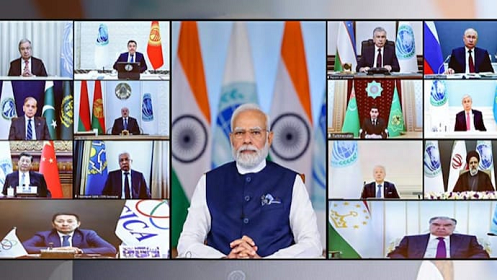 Courtesy: India Today
Courtesy: India Today
The Shanghai Cooperation Organisation's growing importance is seen in the numerous new applicants waiting in line for membership. The 23rd SCO Summit hosted by India on July 4 saw progress in areas like digital transformation and economic cooperation. However, timidity in acting on foundational issues like anti-terrorism reflects the internal contradictions and tensions within member states - a continuing challenge for SCO.
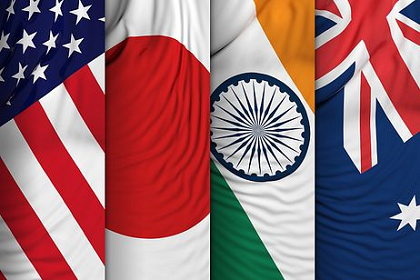 Courtesy: The Diplomat
Courtesy: The Diplomat
The Ukraine crisis transferred global anxiety away from China and onto Russia. But this has not happened in the Indo-Pacific, where the Quad countries have followed a policy of economic disengagement from China, in the backdrop of the COVID pandemic and the regeneration of some economies. How the Quad managed this, is a worthwhile assessment.
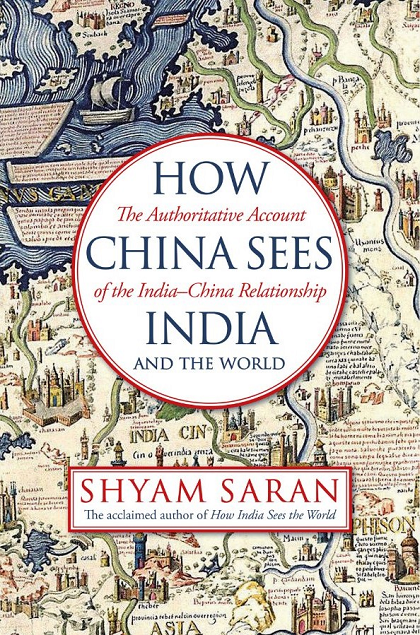 Courtesy: Juggernaut
Courtesy: Juggernaut
In his new book, former Foreign Secretary Shyam Saran demystifies China's imagined belief of itself as the Middle Kingdom. Contemporary China's propensity to cut and paste history has resulted in China's resentment of India based on a limited understanding of Indian history and of China's past recognition of India as an advanced civilisation which impacted Chinese culture. Today the West recognises India's potential to match China, with depth and skills, over the long term.
Sri Lanka is experiencing an economic, political and strategic crisis it has never had before. The situation is fragile – but a creative solution and determined national interest can help return the island nation to stability and growth. Amb. Rajiv Bhatia, in conversation with economist Dr Ganeshan Wignaraja on how Sri Lanka came to the current condition, and the remedies to adopt.